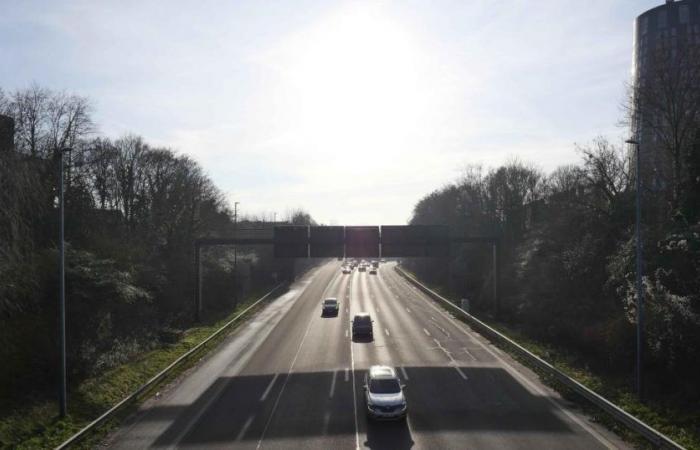Flanders and Wallonia, in close contact at the administrative and ministerial level, are considering a completely dematerialized auto sticker system, the Walloon Minister of Mobility, François desquesnes, in the regional parliament.
“In other words, there is no question of implementing ‘paper’ documents to attest to authorization to access the submitted network”he explained. A non-numerical order solution for this e-vignette will however be provided, via a telephone number of type 1718 for example.
According to the Minister, “The preferred track is to pre-referate the plates of light vehicle plates before the use of the network”, the control taking place thanks to Plate reading Cameras of the ANPR type and control teams on the ground.
“It will probably be a sticker linked to a duration of the right of use which, at the choice of the motorist, could be 1 day, 10 days, 1 month or 1 year. These are of course examples of implementation modality”he continued.
“The other aspects of this project, carried by the two major regions of the Kingdom, are still under discussion both on the technical level and on the political level”finally declared François DESQUESNES.








